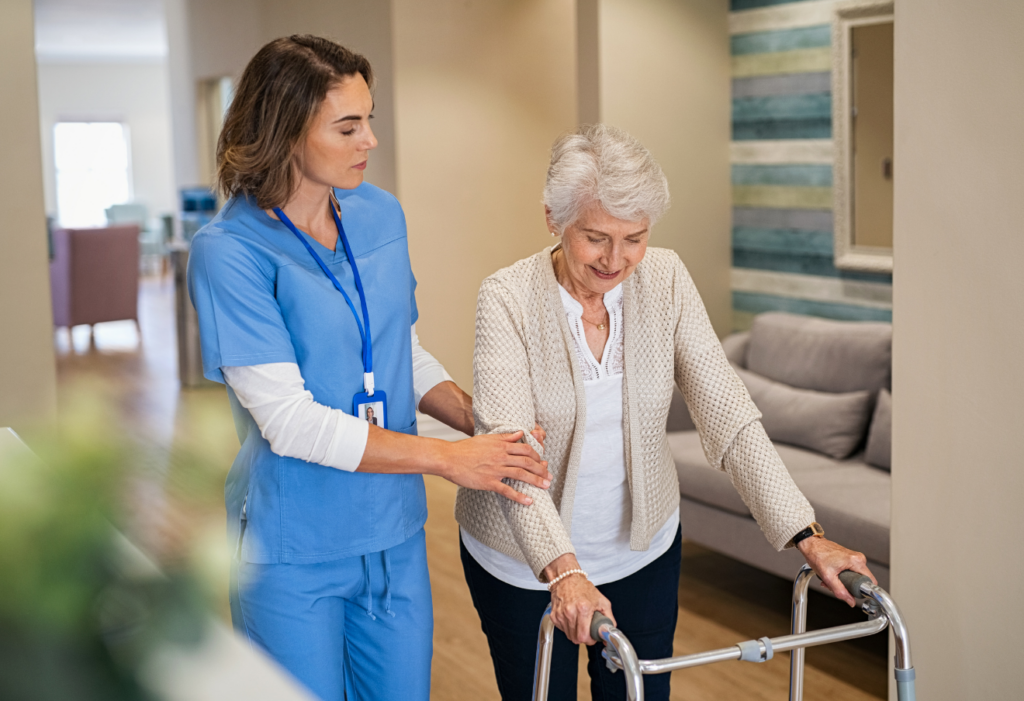On-Demand CE Training
ODL 243: Healthcare Workers as Elder Justice Gatekeepers

Please make sure to check with your own state board to ensure the transferability of CE credit for an asynchronous course. Some state boards may place restrictions regarding the modality of training required for ethics credits to be awarded. If this training indicates ethics credits are available, please verify that your state allows them to be earned through an on-demand course format.
2 CREDIT HOURS APPROVED FOR:
Social Workers
ASWB ACE – 2 CE Credits
New York State Education Department’s State Board for Social Work – 2 Contact Hours
Psychologists
APA – 2 CE Credits
Counselors
NBCC ACEP – 2 Contact Hours
New York State Education Department’s State Board for Mental Health Practitioners – 2 Contact Hours
Addiction Professionals
NAADAC – 2 Contact Hours
Nurses
California Board of Registered Nursing – 2 Contact Hours
Case Managers
CCMC – 2 Contact Hours
Created on: 03/23/2023 Revised on: 08/31/25
Target Audience:
This course is targeted for social workers, psychologists, counselors, nurses and case managers.
Counselor Skill Groups:
5. Documentation
6. Case Management
7. Discharge and Continuing Care
8. Legal, Ethical and Professional Development
Overview:
Elder abuse is a complex and dramatically underreported issue correlated with increased usage of healthcare systems, including emergency rooms, sub-acute rehabilitation programs and long-term care facilities. These institutions are therefore uniquely positioned to address this epidemic. As part of the discharge planning process, front-line healthcare workers assess patients’ functional status, environment and support systems. This process provides the opportunity and authority to identify survivors of elder abuse and to provide elder abuse prevention and intervention services. This presentation will discuss forensic biomarkers that can indicate elder abuse and provide assessment and intervention strategies for healthcare workers.
Course Objectives:
By the end of the session – the participant will be able to:
- Recognize factors that contribute to abuse going undetected within health care settings
- Identify forensic biomarkers that can indicate abuse
- Demonstrate current practice to include elder abuse assessment techniques and reporting procedures
Presenter:
Lisa Bednarz, LCSW, CMAC, ACM-SW, ASW-G, is the Regional Director of Case Management for Robert Wood Johnson Barnabas Health.
Lisa began her career serving as a community guardian for incapacitated older adults before joining NewYork-Presbyterian’s distinguished geriatrics team, and ultimately moving fully into healthcare leadership. She has front-line experience navigating the intersection of the healthcare and legal systems and uses this knowledge to educate physicians on ethical issues in gerontology, including capacity assessments and elder abuse. She has developed and implemented screening tools and response protocols to address elder abuse within the acute care setting. Lisa has advanced training in trauma-focused care, family systems, and healthcare management. She is a former Hartford Fellow in Geriatric Mental Health and a former advisor for the Vulnerable Elder Protection Team at Weill Cornell Medical College. Lisa operates a small geriatric care management practice and acts as a consultant and speaker on psychosocial health in the aging population and ethical decision-making in work with cognitively impaired clients. Lisa lives in New York City with her family.
